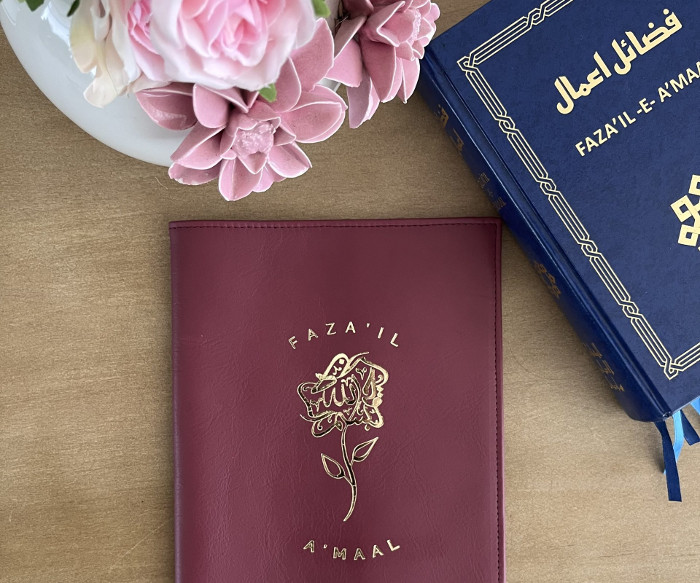
A Few Stories About the Fear of Allah Ta'ala - Part Three
Hazrat Abu Bakr (radhiyallahu ‘anhu) said, “One who can weep should do so, and one who cannot should adopt the appearance of a weeping person.”
Whenever Hazrat Muhammed bin Munkadir (rahimahullah) would weep, he would wipe his tears over his face and beard and would say, “I have heard that the fire of Jahannum does not touch those parts of the body that have been touched by these tears.”
When Hazrat Thaabit Bunaani (rahimahullah) suffered from a disease of the eyes, his doctor said to him, “Your eyes will recover if you promise that you will not weep in future.” He replied, “What is the good of an eye if it cannot shed tears (before Allah Ta‘ala)?”
Hazrat Yazid bin Maysarah (rahimahullah) says, “There are seven reasons for weeping viz. extreme joy, insanity, extreme pain, horror, pretending to weep, intoxication and the fear of Allah Ta‘ala. A single tear shed out of the fear of Allah Ta‘ala is sufficient to extinguish the oceans of the fire (of Jahannum).”
Hazrat Ka’b Ahbaar (rahimahullah) says, “I swear by the Being who controls my life! For me to weep out of the fear of Allah Ta‘ala, with tears flowing down my cheeks, is more beloved to me than spending a mountain of gold in charity.”
Besides what has already been mentioned, there are also other numerous sayings of the saints and pious people which indicate that weeping out of the fear of Allah Ta‘ala and in repentance for one’s sins is very effective in attaining spiritual elevation. It is indeed very important and beneficial for one to ponder over one’s sins and seek forgiveness for them before Allah Ta‘ala through weeping.
However, we should never lose hope in Allah Ta‘ala’s grace and mercy, as undoubtedly, Allah Ta‘ala’s mercy is all-encompassing and all-embracing.
Hazrat Umar (radhiyallahu ‘anhu) said, “If on the Day of Qiyaamah it is announced that all shall go to Jahannum except one person, then my expectation in the mercy of Allah Ta‘ala would make me hope that I be that person. Similarly, if on the Day of Qiyaamah it is announced that all shall go to Jannah except one person, then my sins would make me fear that I may be that person.”
It is therefore necessary that we should combine both fear and hope together in our hearts. Especially at the time of death, one’s hope in Allah Ta‘ala’s mercy should increase, and one should have more hope than fear.
Rasulullah (sallallahu ‘alaihi wasallam) said, “None of you should die except with a strong hope in the mercy of Allah Ta‘ala.”
When Imaam Ahmed bin Hambal (rahimahullah) was on his deathbed, he sent for his son and asked him to read out to him the Ahaadith that create hope in Allah Ta‘ala and His Mercy.
(Fazaa’il-e-A’maal [English] pg. 58-59, [Urdu] pg. 43-44)
 Ihyaaud Deen An Effort to Revive Deen in Totality
Ihyaaud Deen An Effort to Revive Deen in Totality



